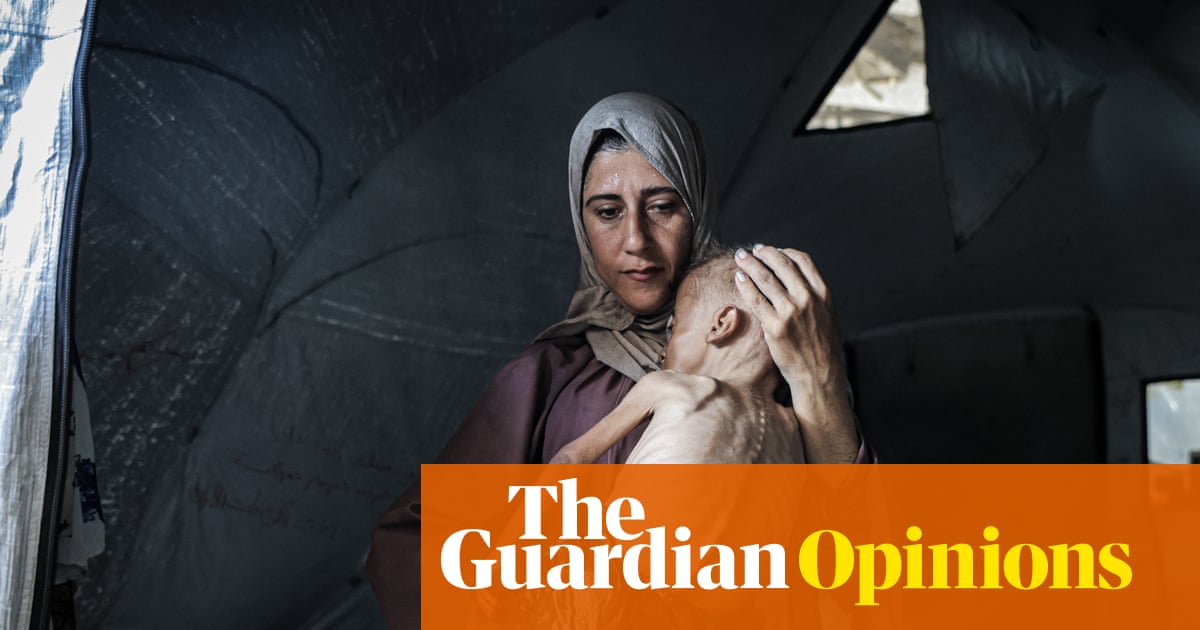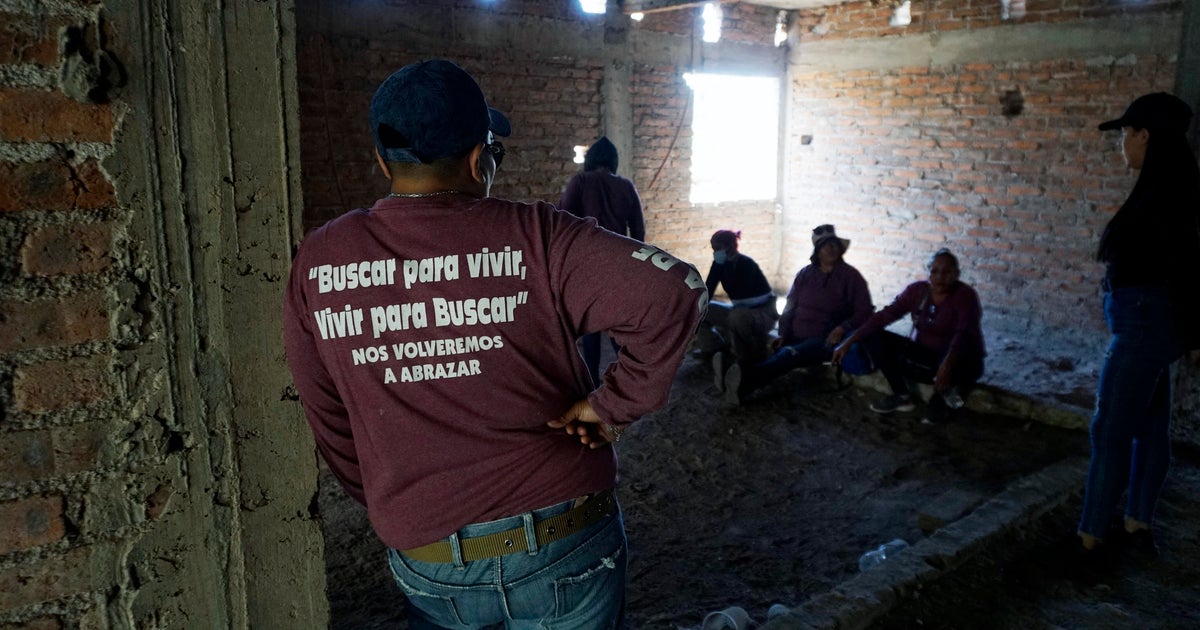Israel Intensifies Military Offensive in Gaza Amid International Backlash
DEIR AL-BALAH, Gaza Strip (AP) — In a concerning escalation of violence, Israel has intensified its military offensive in Gaza, continuing airstrikes that, according to health officials, have resulted in the deaths of at least 85 Palestinians as of Tuesday. This development comes on the heels of mounting international criticism regarding the humanitarian crisis unfolding in the region. While Israeli officials reported the entry of dozens of trucks carrying much-needed aid into Gaza, the effectiveness and reach of this assistance remain questionable.
Among the grieving families in Gaza, Osama Abu Mosabbah mourns the tragic loss of his wife and two children, who were killed during an Israeli airstrike. Their funeral was held at Al-Aqsa Hospital in Deir al-Balah on Tuesday, May 20, 2025, highlighting the personal toll of the conflict amid the broader humanitarian crisis.
As the United Nations has pointed out, despite a recent allowance for aid to enter Gaza, the supplies have not reached the people in dire need. Gaza's population, which stands at approximately 2 million, has been under an Israeli blockade for nearly three months, leading to dire warnings from experts about the potential for famine affecting many residents.
Under significant pressure from the international community, Israel agreed to let in a “minimal” amount of humanitarian aid to the Palestinian territory. This was a response to the devastating images emerging from Gaza, which have shown civilians in distress due to a lack of food, medicine, and fuel. U.N. spokesperson Stéphane Dujarric noted that although aid has technically entered Gaza, logistical challenges have prevented it from reaching the areas of greatest need. The Israeli military’s requirements for aid workers to unload and reload supplies have complicated the distribution process, leading to delays and frustrations.
According to COGAT, the Israeli defense body responsible for overseeing humanitarian assistance, five trucks delivered aid on Monday, followed by 93 trucks on Tuesday. However, Dujarric stated that only a few dozen of these actually made it to distribution points, emphasizing the disconnect between the reported figures and the reality on the ground.
The aid delivered included essential items such as flour for bakeries, food for soup kitchens, baby food, and medical supplies, with an emphasis on prioritizing baby formula in the initial shipments. Yet, the U.N. has reiterated that much of this aid is still stuck in warehouses due to the complexities imposed by Israeli military protocols, which Dujarric described as “long, complex, complicated, and dangerous.”
In further developments, Israel’s Foreign Ministry indicated that they expect dozens of aid trucks to continue entering Gaza each day, although this number falls significantly short of the approximately 600 trucks that were able to deliver aid daily during the last ceasefire, which was abruptly ended in March.
In a significant diplomatic move, the United Kingdom announced that it would be suspending free trade negotiations with Israel and imposing new sanctions against Israeli settlements in the occupied West Bank. This decision followed a wave of condemnation from the U.K., France, and Canada regarding Israel’s handling of the war in Gaza. British Prime Minister Keir Starmer expressed his horror over the escalation of violence from Israel, asserting that the situation was unsustainable and demanded immediate action.
Israeli officials, however, have pushed back against the sanctions, labeling them as “unjustified and regrettable.” Oren Marmorstein, a spokesperson for Israel’s Foreign Ministry, contended that discussions on free trade were not taking place, further complicating the diplomatic landscape.
Israel's military operation, which began over the weekend, has been framed as an effort to recover hostages taken by Hamas and to dismantle the militant group’s capabilities. In the wake of these operations, over 300 individuals have reportedly lost their lives in Gaza, highlighting the severe humanitarian impact of the ongoing conflict.
Domestically, criticism of the Israeli government's actions has surfaced, with voices from within the political landscape expressing concern over the country’s international standing. Yair Golan, a leader of the center-left opposition party, condemned the Israeli military's actions, stating, “A sane country doesn’t engage in fighting against civilians, doesn’t kill babies as a hobby.” His remarks, which challenge the government's narrative, have sparked debate and have been met with swift rebuke from Prime Minister Netanyahu, who characterized Golan’s comments as incitement and echoed unfounded antisemitic tropes.
Amidst the ongoing violence, additional airstrikes targeted civilian structures, including a family home and a school-turned-shelter, resulting in significant casualties. The Israeli military claims that these strikes were aimed at Hamas command centers, asserting that they had issued warnings to civilians beforehand.
As the conflict progresses, Israeli Prime Minister Netanyahu has recalled a high-level negotiating team from Qatar after unsuccessful ceasefire talks that lasted a week. The ongoing dialogues have not yielded tangible results, with Qatari officials noting a “fundamental gap” between the parties involved.
The current war in Gaza ignited following an attack by Hamas militants on southern Israel, which resulted in the deaths of approximately 1,200 individuals, primarily civilians, with the abduction of 251 others. The situation remains dire, as the militants continue to hold hostages, while Israel’s retaliation has wrought devastation upon Gaza, with over 53,000 Palestinian casualties reported, predominantly women and children.
As the international community watches closely, the humanitarian crisis in Gaza deepens, with urgent calls for a resolution to the conflict and a restoration of basic human rights for those caught in the crossfire.
___
Magdy reported from Cairo and Goldenberg from Tel Aviv, Israel. Associated Press writers Natalie Melzer in Nahariya, Israel, Melanie Lidman in Jerusalem, Sylvie Corbet in Paris, Jamey Keaten in Geneva, and Farnoush Amiri at the United Nations contributed to this report.
___
Follow AP’s war coverage at
James Whitmore


























